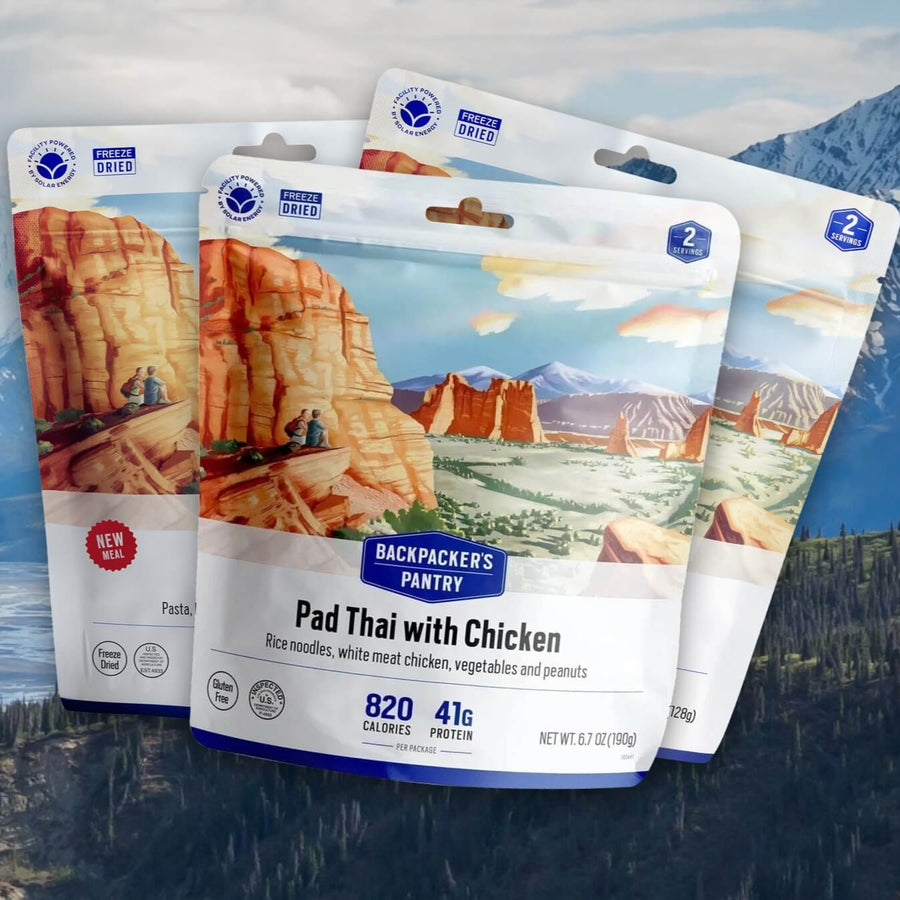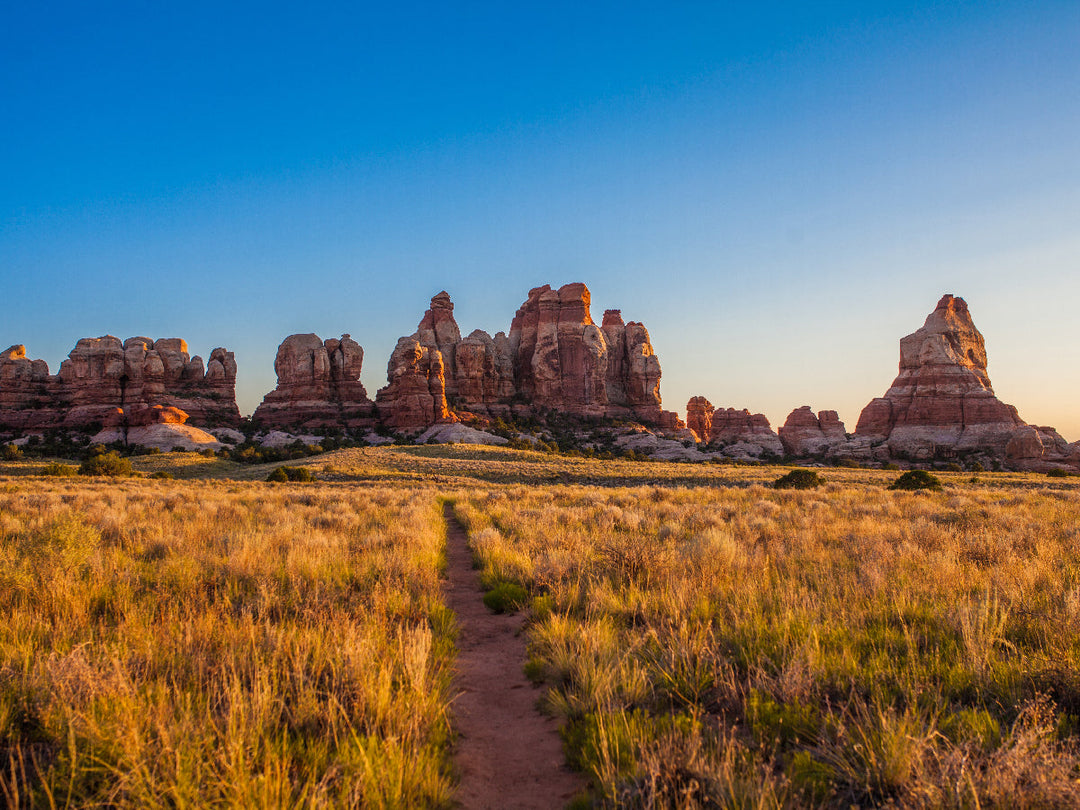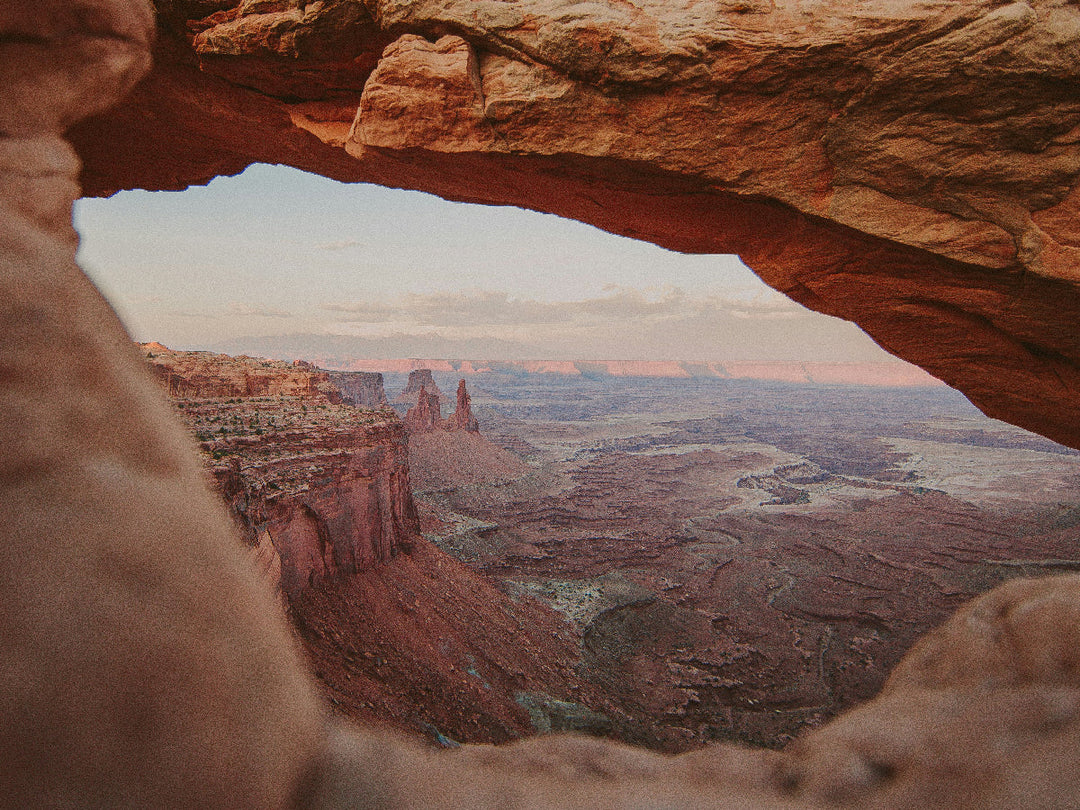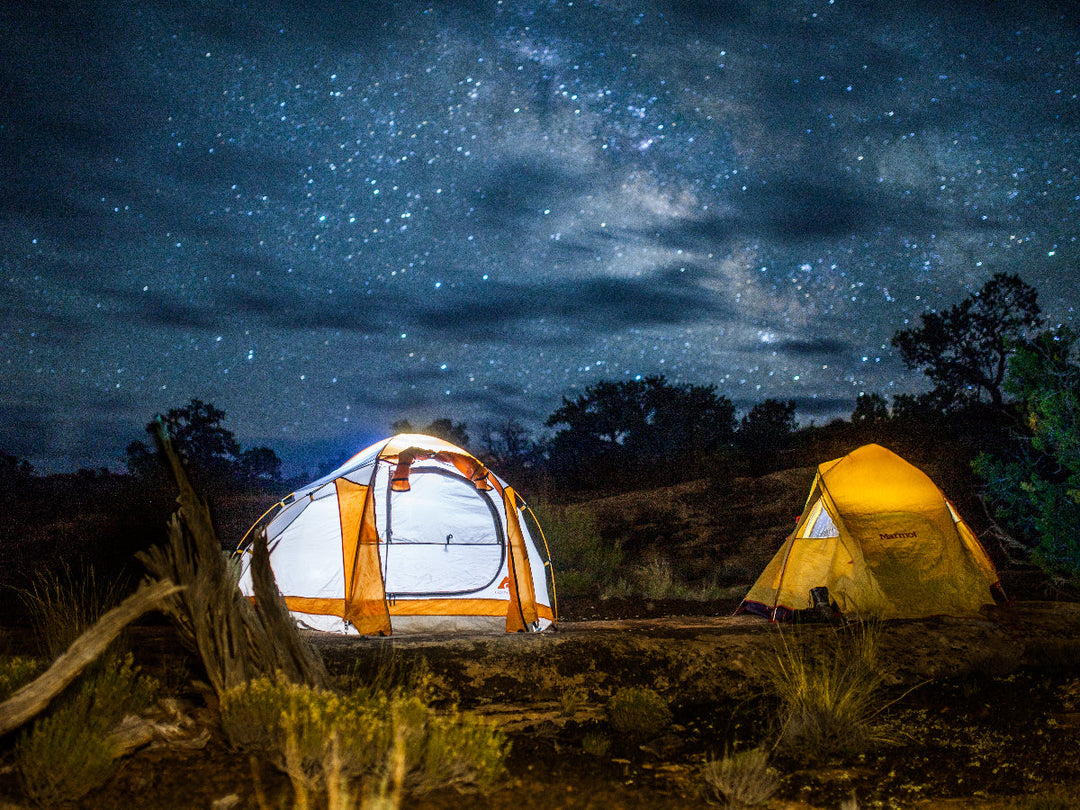What to Eat After (And Before) Hiking
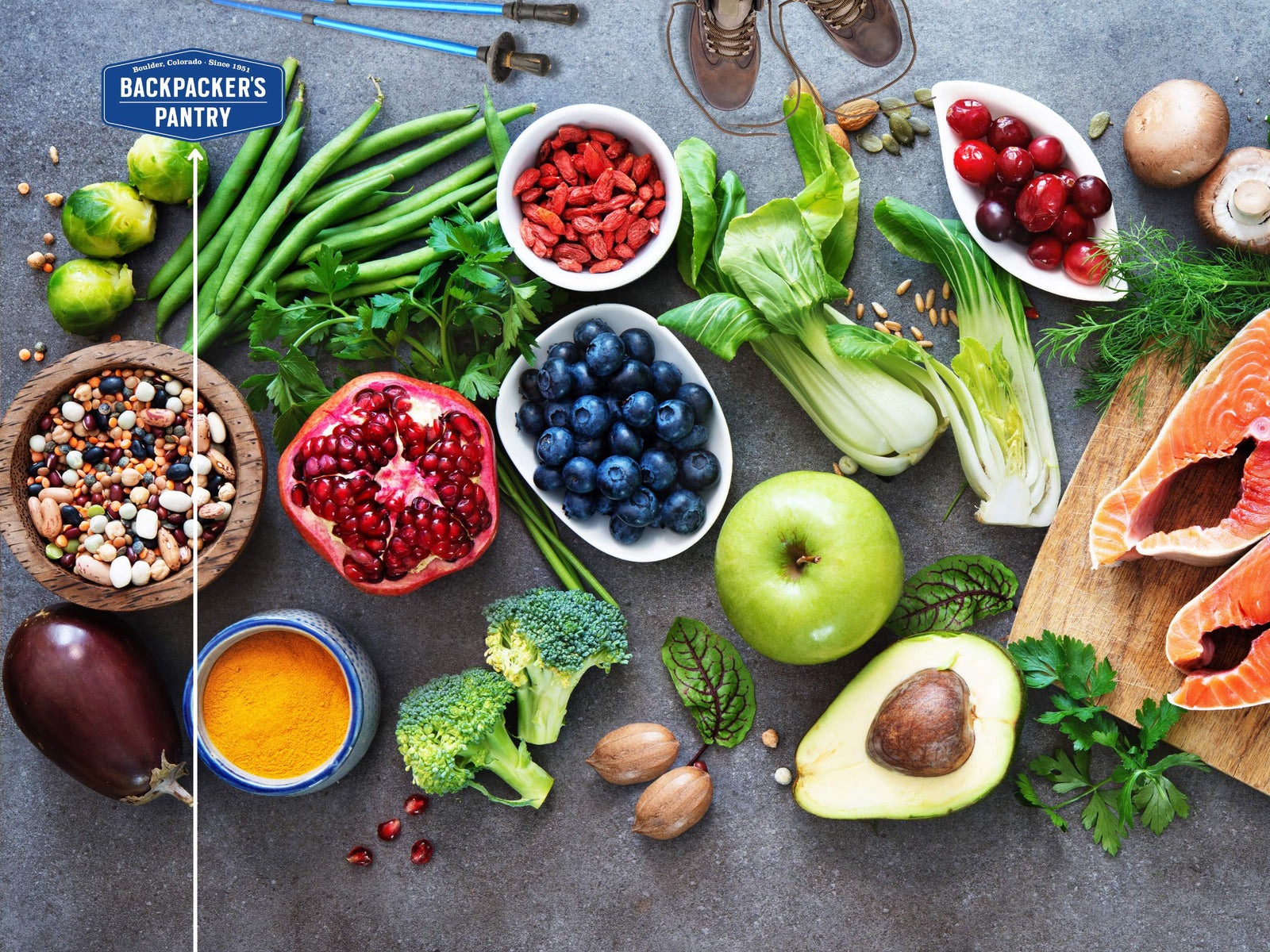
A Smart Hiking Meal Plan
If you're planning a day hike, you want to prioritize nutrition to fuel your adventure and keep your muscles from cramping up. Here's what you need to know about properly fueling your body before, during and after your hike.
Before You Go
It takes a lot of calories to power you through a difficult hike, especially if you're facing rugged terrain. Likewise, if the weather is cold or hot, your body will need extra calories to regulate your internal temperature. With that said, you don't want to indiscriminately ingest the wrong high-calorie foods. This includes foods with a lot of sugar or simple carbohydrates which tend to produce a quick insulin spike, followed by an inevitable crash.
Ideally, you want to eat low-glycemic foods that will take a long time to digest. This includes high-protein foods, such as eggs, low-fat yogurt, lean chicken and turkey. It also includes high-fiber foods, such as oatmeal, whole-grain cereal, brown rice, whole grain pasta, fruits, and vegetables. If you're starting the day at your campsite, you may not have as many options. In this case, it helps to have some lightweight, freeze-dried food on-hand, such as Backpacker's Pantry Granola with Bananas, Almonds & Milk, which packs 620, slow-digesting calories per serving.
During Your Hike
When you're on the trail, you need to keep your energy up without having to slow down. You can keep your blood sugar steady by eating energy bars and gels throughout the day. You can also eat nuts, seeds and trail mix, which contain plenty of healthy, low-glycemic protein, fats and fiber which will prevent your body from crashing. Nuts and seeds are also rich in potassium, which can help reduce the risk of muscle cramps and restore essential micronutrients you lose due to sweating and urination.
After Your Hike
After a long day of intense physical activity, you need to replenish your body with healthy, restorative foods. Obviously, this doesn't mean grabbing a hamburger or pizza from your favorite fast-food restaurant. An ideal post-hiking meal will contain essential protein, complex carbohydrates, vitamins and nutrients. Some good options include yogurt with berries, turkey on a whole grain wrap with veggies, string cheese or a smoothie made with fruit and low-fat milk.
Again, if you're participating in a multi-day hike that ends at a campsite, these options may not be realistic. After a full day of eating seeds, nuts and energy bars, a freeze-dried entrée can provide all the nutrition you need, along with the comfort of enjoying a delicious, hot meal around the campfire.
Hydration
It's critical that you drink plenty of water before, during and after your hike to help your body regulate its internal temperature and keep your muscles and organs functioning. Pre-hike, drink approximately 20 to 32 ounces of water. You should always avoid hitting the trail unless you've pre-hydrated, especially during the summer months. Once your hike begins, plan to drink another 32 ounces for every two miles hiked, or even more if you are hiking at high elevation. You should also take regular, small sips before you feel thirsty; as a basic rule, if you're only hydrating when you're thirsty, you are already behind.
Backpacker's Pantry provides ready-to-eat, lightweight camping food for short hikes, extreme adventures and everything in between. Browse our nutritious, gourmet food for the trail.

